Health inspections can be stressful. If you’ve worked in the restaurant industry for some time, you might know the anxiety that can occur when the health inspector walks in the door. The good news is that you don’t have to panic when it’s time for your next inspection. Being proactive about your food safety and equipment maintenance routines can help you feel confident about your next restaurant health inspection.
Maintaining a clean and well-functioning kitchen is essential to avoid getting docked during a health inspection. In addition to food safety, equipment functionality plays a major role in your overall score. As a partner for hundreds of restaurants and commercial kitchens across Tennessee, here are a few tips we share with our clients when it comes to preparing and maintaining kitchen equipment for an inspection:
1. Create and follow a detailed cleaning and sanitization schedule for your equipment.
Develop a
cleaning schedule and stick to it for all your equipment, including ovens, stovetops, grills, and fryers. Your schedule should specify how equipment should be cleaned daily, weekly, and monthly and by whom. In addition to cleaning, make sure all equipment is sanitized regularly using a solution or heat.
2. Clean equipment after each use, and properly store your cleaning supplies.
Make sure all equipment is cleaned thoroughly after each use to prevent the buildup of bacteria and other harmful substances. It’s also important to
follow safety protocols for your equipment cleaning supplies. This includes using
cleaning supplies and chemicals that are specifically designed for use in commercial kitchens. Any cleaning supplies should be stored properly in a separate area, away from produce, ingredients, and food prep areas.
3. Train your staff on how to use and clean kitchen equipment.
Your kitchen staff should know how to use and clean your kitchen equipment. If your entire staff understands how to maintain food safety practices, they are more likely to keep things ship-shape without being surprised by an inspection. They will also be more prepared for an inspector’s questions about your equipment or protocols.
4. Regularly service and maintain your equipment for accurate temperature control.
Your commercial kitchen equipment should be at peak performance during an inspection. If your food is stored, prepared, or cleaned at unsafe temperatures, a health inspector will write you up. Making sure your equipment and thermometers work properly to ensure that food stays in the correct temperature zone is the only way to prevent this.
Investing in planned maintenance is an easy way to address the risk of your equipment not performing to spec during an inspection.
5. Keep a record of equipment maintenance.
In the same way you keep a record of daily stock or sales, you should be keeping track of your equipment maintenance history. It’s important to keep an updated record of all your equipment maintenance, including cleaning and repairs, to demonstrate your equipment is well-maintained and in good working order.
ATECH provides a maintenance checklist so that you can show the inspector a record of repairs and maintenance.
Avoid Surprises or Mishaps with ATECH
By following these tips, your restaurant can maintain a clean and sanitary kitchen with properly functioning equipment to pass health inspections with flying colors.
If you have any questions or need support preparing for an inspection, our team is here to help. With a quick visit from one of our technicians, your team can keep your kitchen safe, healthy, and ready to receive an “A” grade on your next inspection.
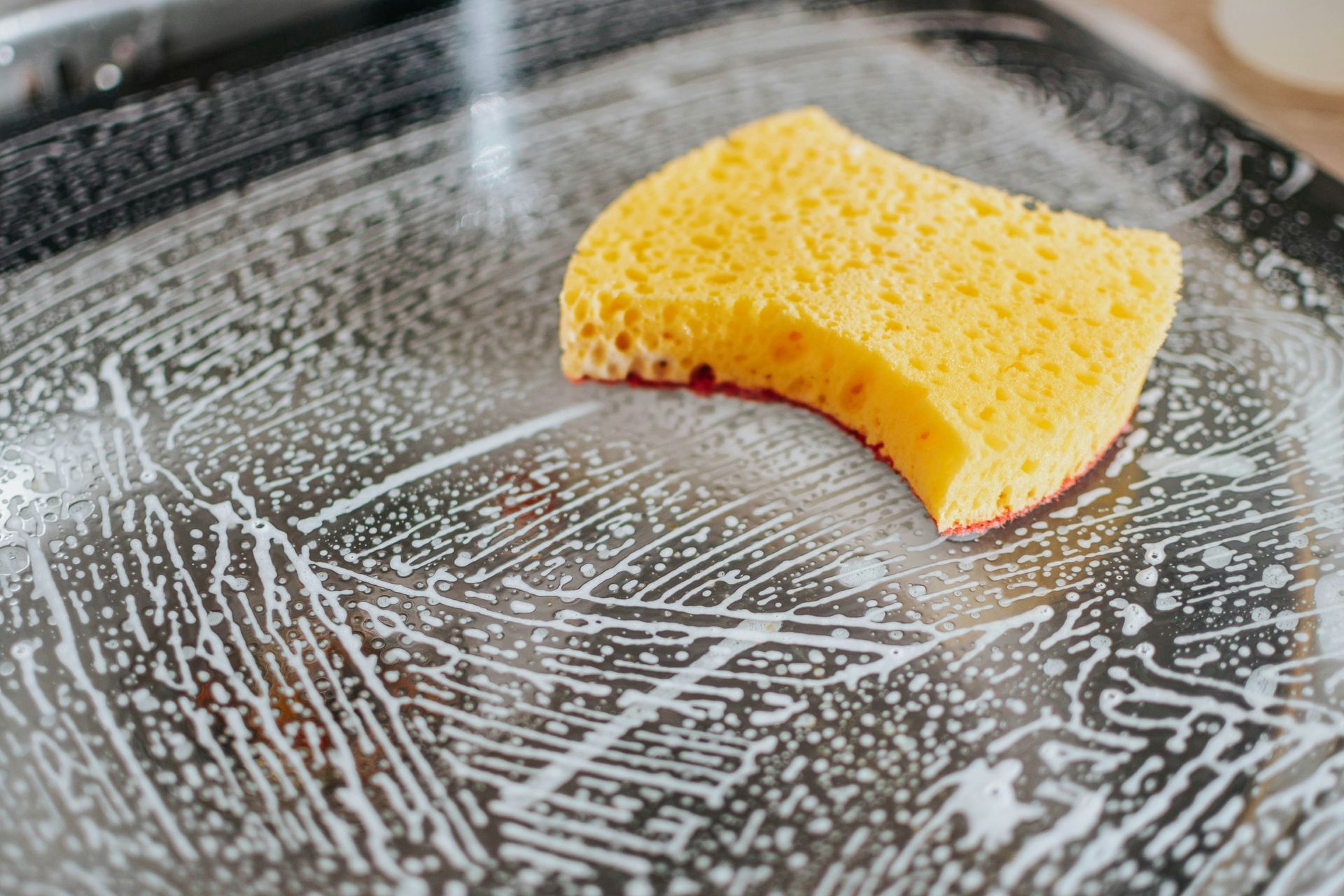
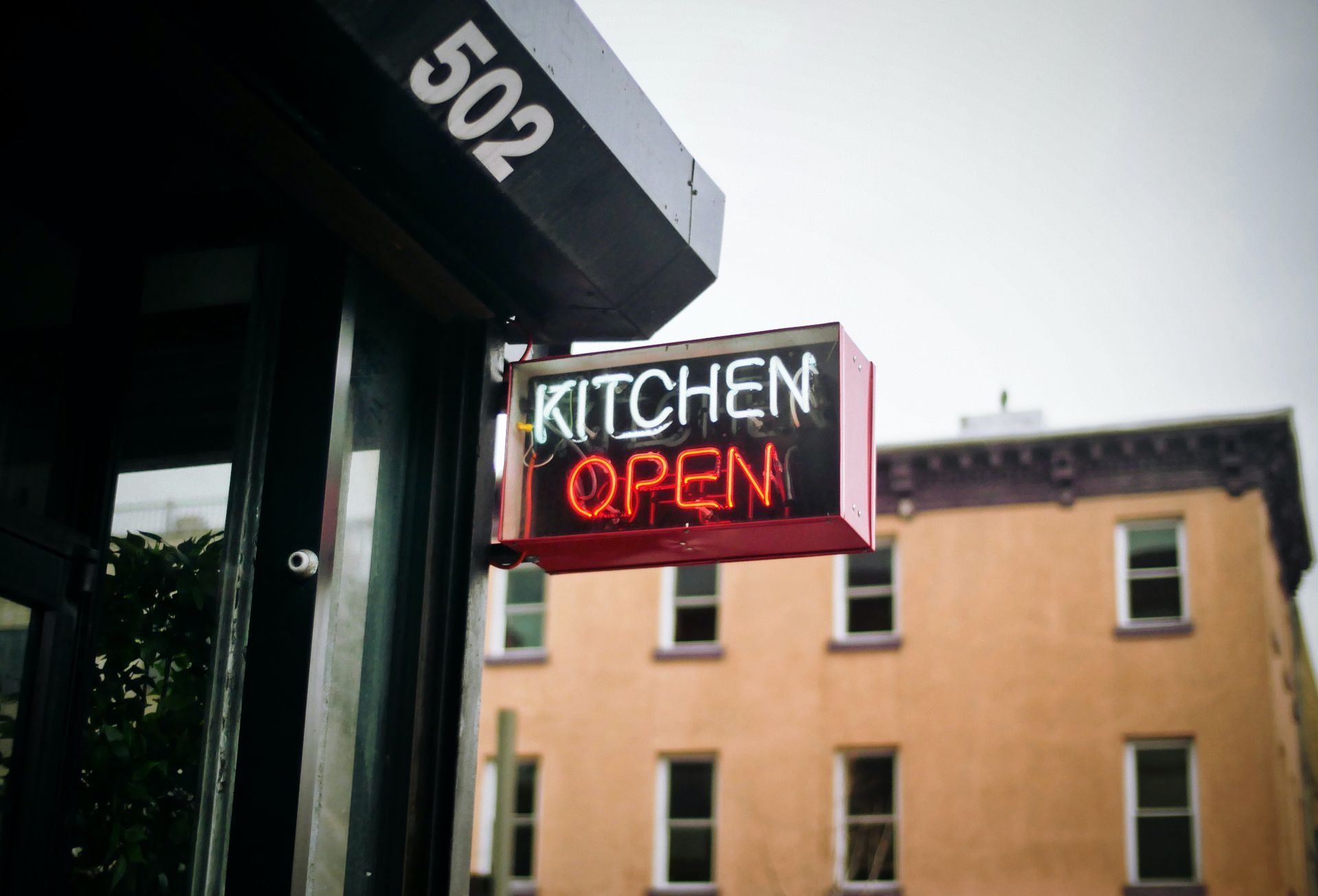
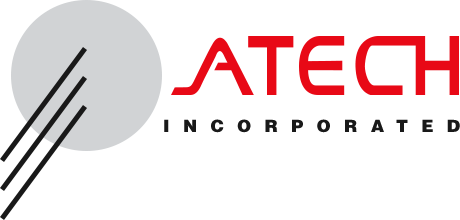
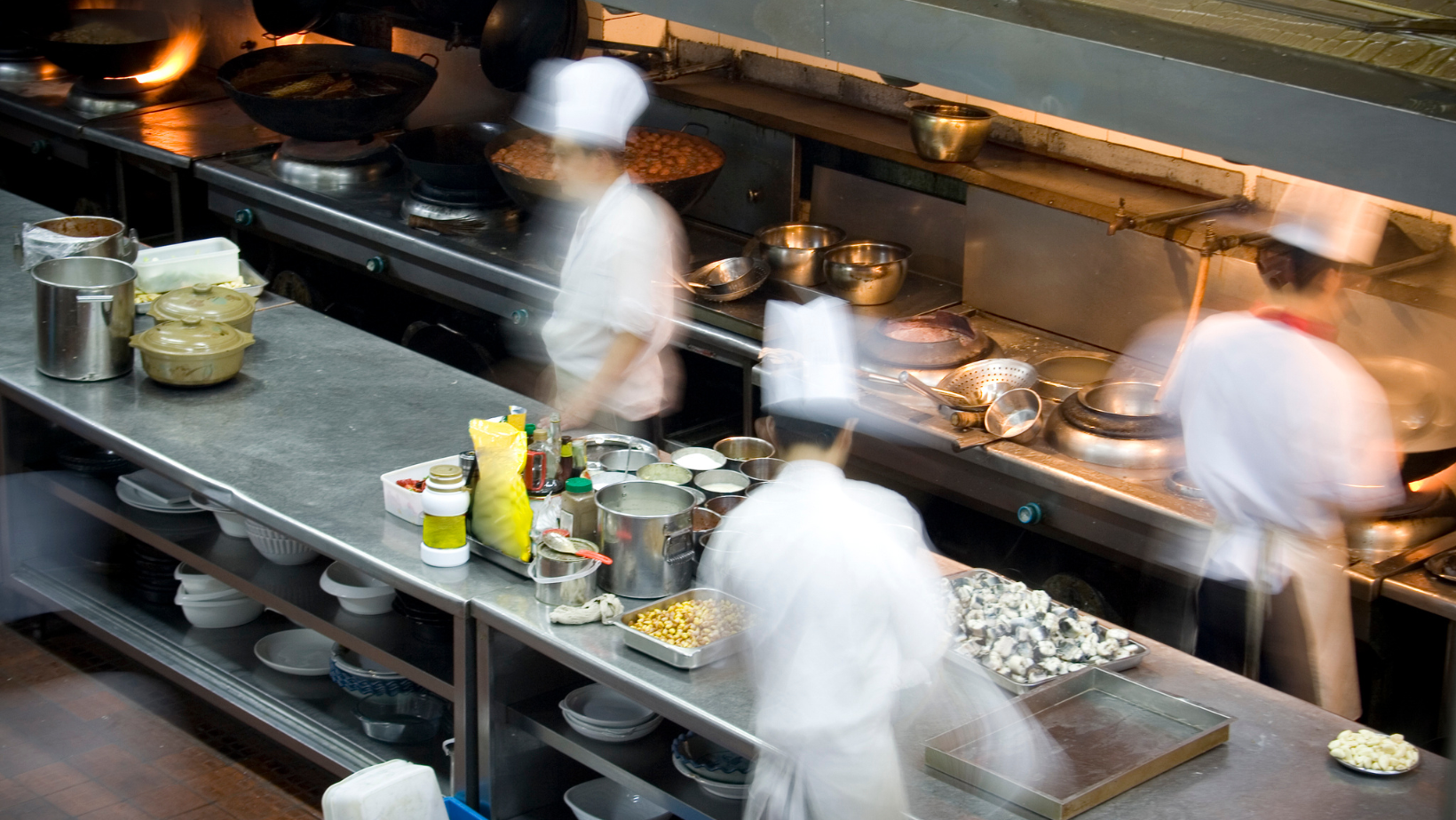

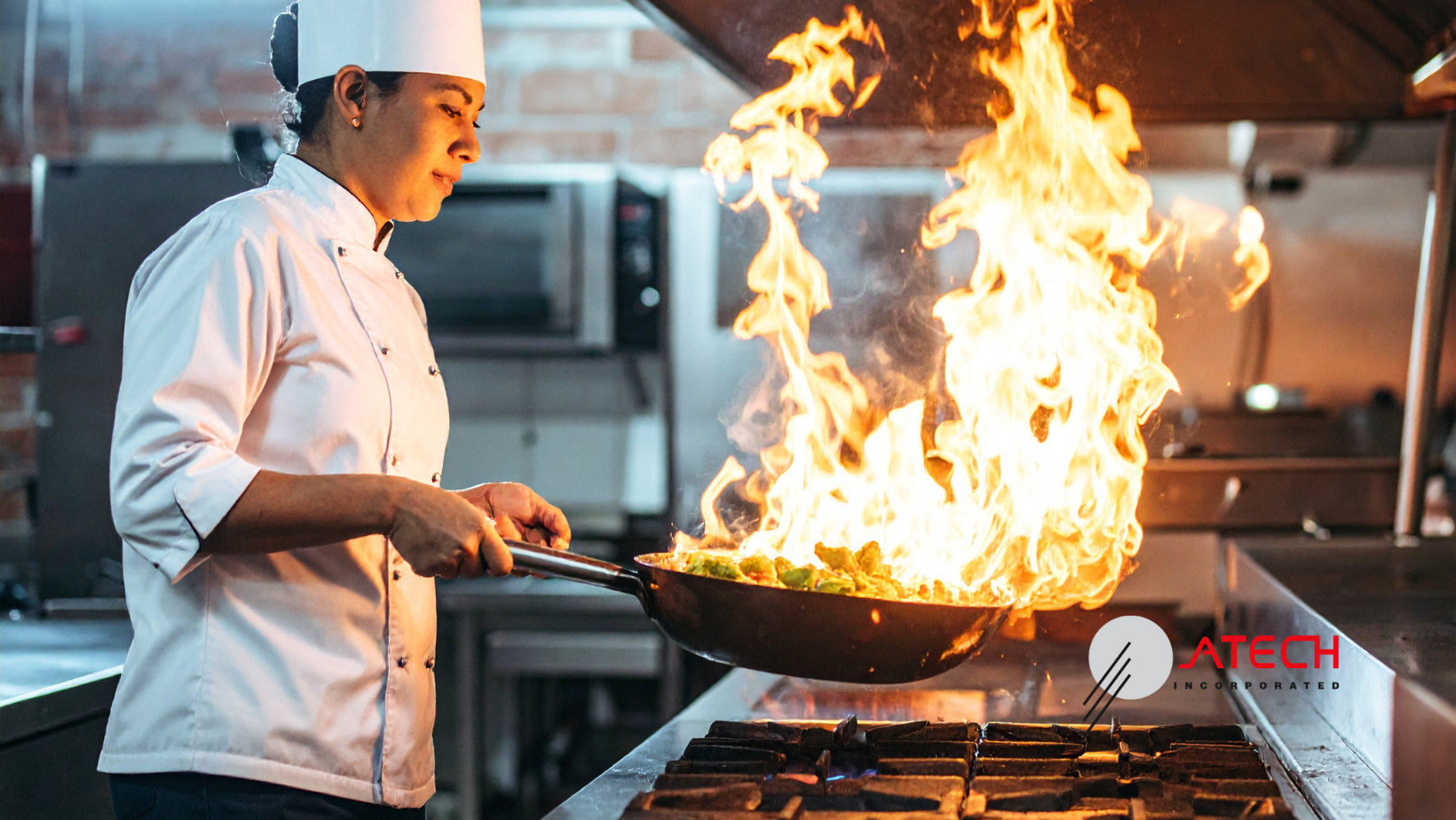


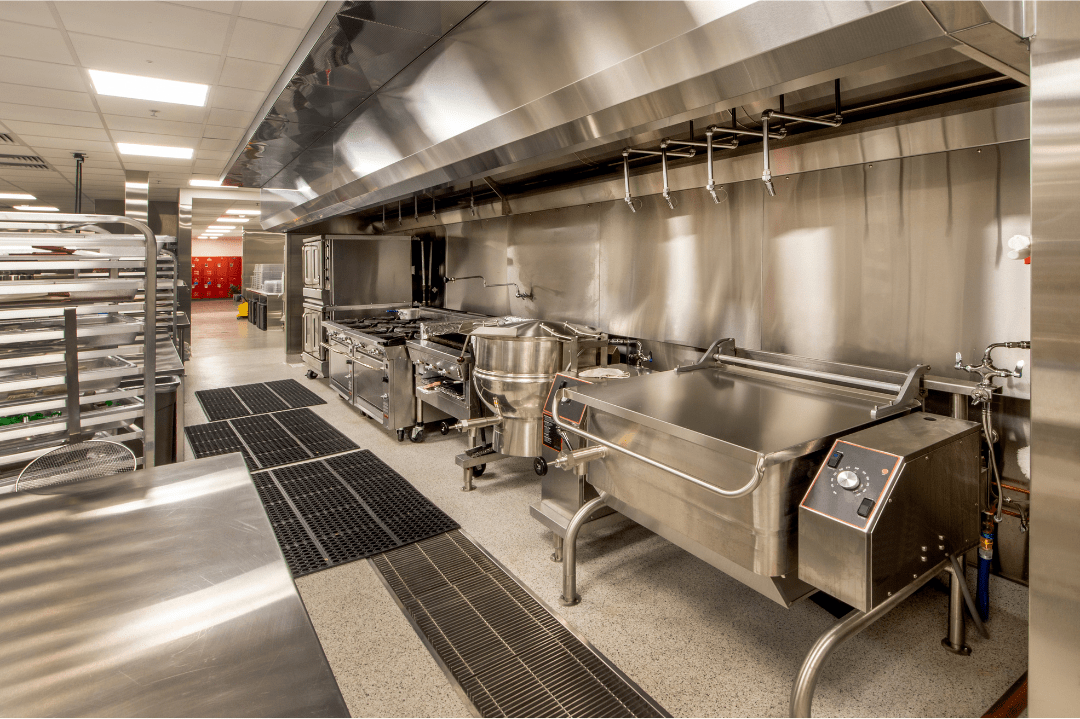
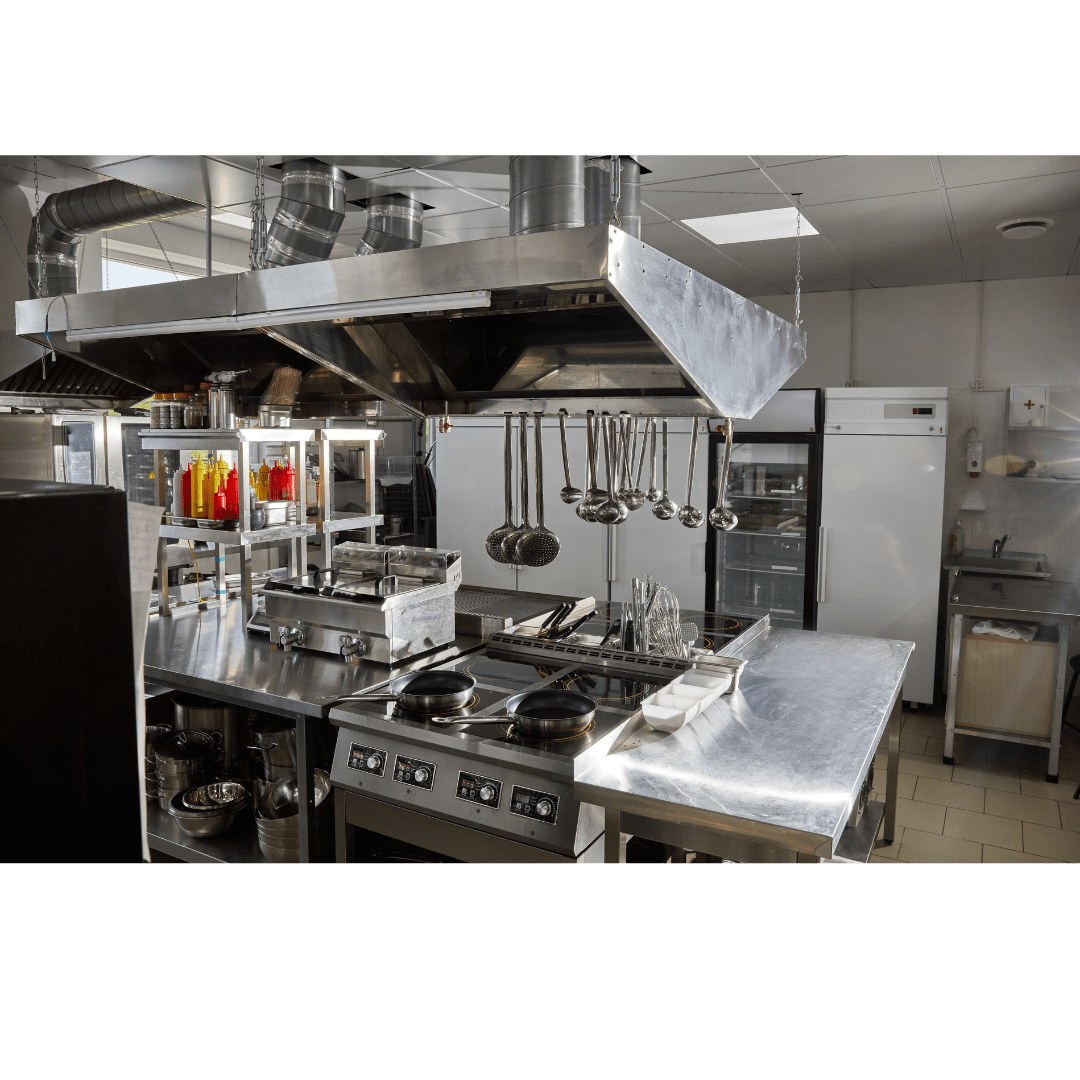
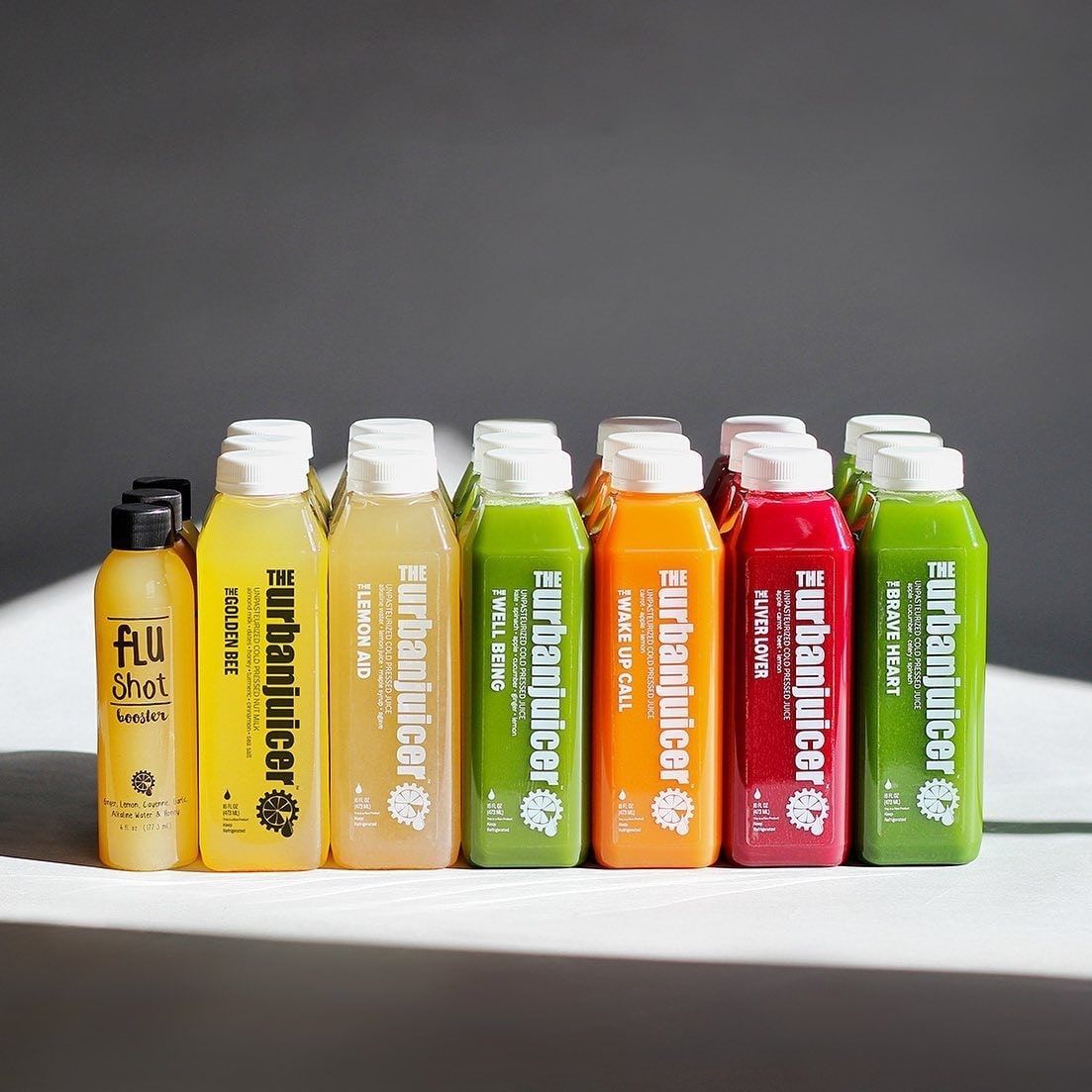
Share On: